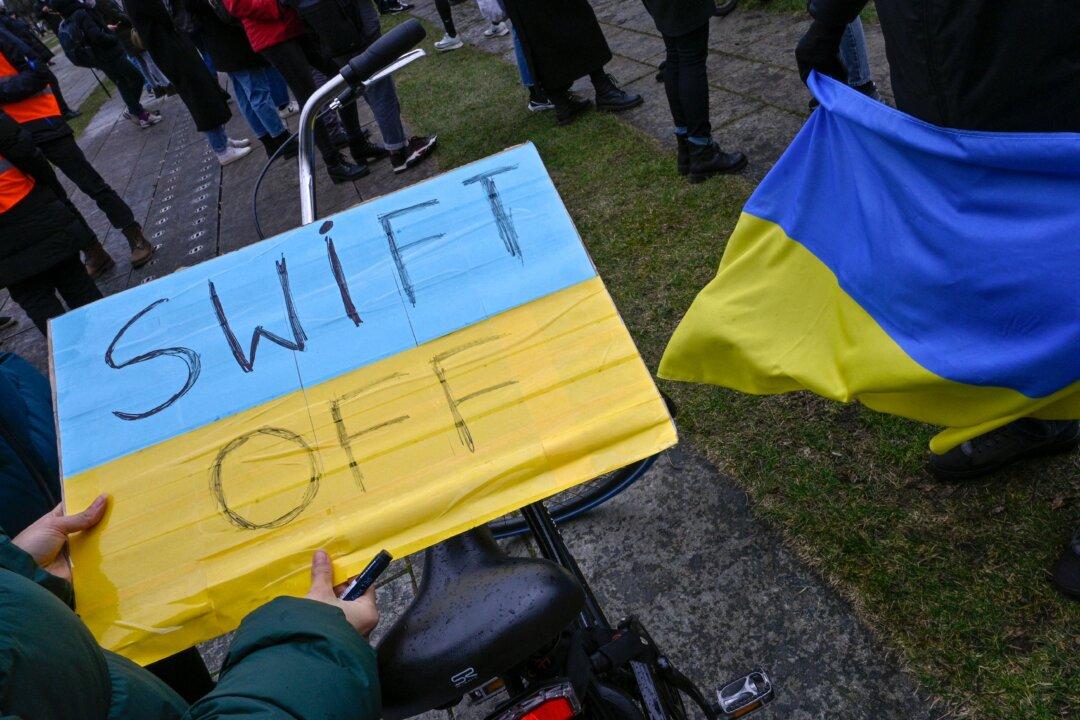Citing European opposition, President Joe Biden has balked at isolating Russia from the Belgium-based Society for Worldwide Interbank Financial Telecommunication (SWIFT), used by thousands of banks around the globe, as part of the response to Russian President Vladimir Putin’s invasion of Ukraine. SWIFT was established out of resentment toward American international financial dominance; before the inter-bank cooperative became operational in the 1970s, Telex, operated by what would become today’s Citibank, was the means used to conduct international financial transactions.
After the terrorist attacks of Sept. 11, 2001, SWIFT’s database became an invaluable asset in foiling terrorist attacks, as the U.S. Treasury Department and the CIA secretly accessed it via the Terrorist Finance Tracking Program (TFTP), absent individual search warrants. The reach is so vast that even British intelligence has expressed discomfort with the “rich personal information” available to government access, much of which “is not about our targets.”





